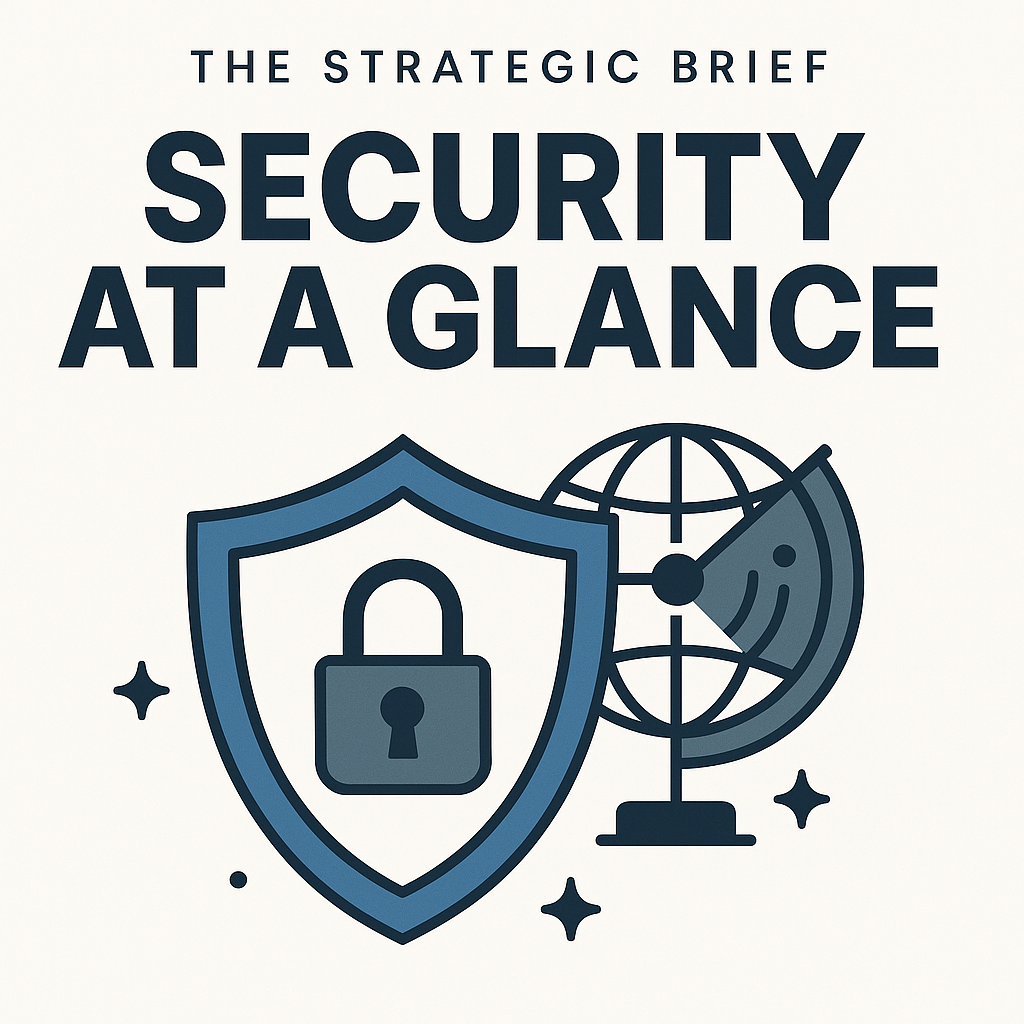Muhammad Atta Ullah Khan

The terrorist attack in Indian Illegally Occupied Jammu and Kashmir (IIOJK) on April 22, 2025, is unfolding various hidden facts with multi-dimensional aspects. One glaring facet is that despite the heavy concentration of Indian troops in the valley, they failed to protect the lives of the people there. The Indian government and media immediately implicated Pakistan in the attack without providing any evidence. One can understand the Indian mindset behind so quickly blaming Pakistan.
Pakistan itself has withstood many more terror attacks in recent years. The Tehreek-e-Taliban Pakistan (TTP), Balochistan Liberation Army (BLA), and other militant and separatist groups have been unleashed against Pakistan. It is no secret that the insurgency in Balochistan is supported by India, and even the Indian National Security Adviser (NSA) has been on record admitting this. Thus, the Pahalgam incident provided the Indian government and media with an opportunity to kill two birds with one stone: first, to divert attention from human rights violations in IIOJK; and second, to implicate Pakistan as a sponsor of terrorism. Israeli media followed the same course, linking the April 22 attack in Pahalgam with the October 7, 2023, Hamas’s attack.
ISRAEL-INDIA NEXUS
Relations between India and Israel have continued to evolve upwardly. Both countries enjoy deep economic, trade, and cultural ties, alongside cooperation in IT, agriculture, space technology, and defense production.
PAHALGAM INCIDENT
The Pahalgam incident is being used by India and Israel through a collaborative narrative suggesting that Pakistan and Hamas are treading a similar path and should be dealt with using similar methods.
ISRAEL EXTENDS SUPPORT TO INDIA AFTER PAHALGAM INCIDENT
The Israeli government and media promptly stepped forward, echoing the same narrative against Pakistan that the Indian government and media are constructing.
It is worth mentioning that India had strongly condemned Hamas for its role in the October 7 incident and backed Israel’s “right to defend itself” against terror proxies like Hamas and Hezbollah.
Recently, Daniel Carmon, a former Israeli Ambassador to India, highlighted the strength of India-Israel ties. He recalled that Indians always appreciated Israel’s strong assistance during the Kargil War in 1999, where Israel provided weapons to India. In turn, after the October 7 Hamas attack, India reciprocated by supplying arms to Israel.
Carmon urged the Israeli government to provide full military support to India, particularly following the April 22 Pahalgam incident. Jewish media outlets in the U.S. and Israel have even gone a step further, attempting to label Pakistan’s intelligence agency, ISI, as a sister organization of Hamas, and have called for targeting ISI leadership similarly to Hamas.
IMPLICATIONS FOR PAKISTAN
After witnessing Israel’s destruction of Hamas and Hezbollah’s infrastructure, Indian strategists appear to have drawn inspiration to destabilize Pakistan. Indian footprints are already visible in ongoing terror attacks against civilians and security forces in Balochistan.
Encouraged by Israel’s temporary success in Gaza, India is orchestrating a plan to implicate Pakistan in a similar narrative trap. While India’s attempts to brand Pakistan as a terror-sponsoring state are not new, Israel’s military support provides it with a fresh momentum.
Pakistan’s consistent condemnation of Israeli war crimes in Gaza over the past two years has not been forgotten by Tel Aviv. Israel, finding an aggressive partner in India, seeks to weaken Pakistan diplomatically and strategically.
The Indo-Israel collaboration aims to consolidate Indian hegemony in South Asia and Israeli dominance in the Middle East.
RECOMMENDATIONS
a. It is a real test for the Pakistani government to pursue proactive diplomacy to expose Indian designs. Pakistani embassies abroad must highlight India’s recent suspension of water sharing under the Indus Waters Treaty (IWT) despite international agreements.
b. Pakistan must formally raise its concerns with the neutral observer of the IWT regarding India’s violations.
c. Pakistan should present a comprehensive dossier on Indian-sponsored terrorism in Balochistan to the United Nations and call for an impartial inquiry into the Pahalgam incident, as proposed by Prime Minister Shehbaz Sharif.
d. Pakistan must consistently highlight Indian ceasefire violations along the Line of Control (LoC), which have resulted in civilian casualties since April 22.
e. Pakistani media must play a greater role in exposing the nefarious Indo-Israel designs aimed at weakening Pakistan’s national and international standing.
The author is former Joint Director General Intelligence Bureau, Govt. of Pakistan and geo-political analyst.





Pakistan is collection of four provinces, we should look at their problems & grievances & should address their needs , looks like forgetting three provinces just because they do not have enough strength beaurocracy,judiciary & establishment. Don’t gauge that three provinces are not sufficient sincere to Pakistan may be we are more loyal to this beautiful country . Kalabagh dams is dead horse , now we are facing with six canals from Indus , this project would desert Sindh 12 million acres of land , instead of 1.2 million acres of Cholistan to make it green. Listen to Sindh our problems don’t reach to the result. Thanks for listening Regards